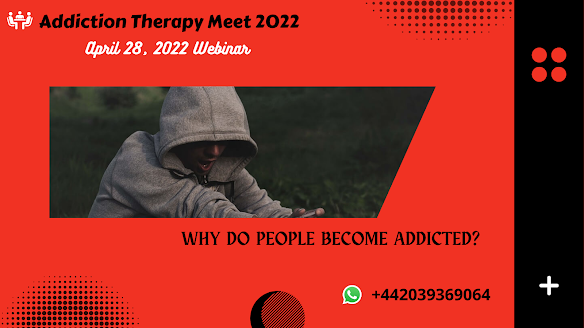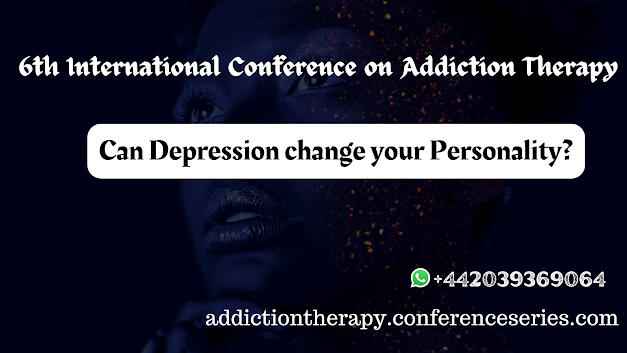What is primary prevention of addiction?

Primary prevention is assisting those who are at risk of developing addictive habits. Secondary prevention involves detecting potentially dangerous substance use before overt indications or problems appear. The purpose of the focus prevention is to stop disease or harm from happening in the first place. This is accomplished through avoiding disease or injury-causing dangers, altering unhealthy or risky behaviours that can lead to illness or injury, and developing sensitivity to disease or injury if exposure occurs. Even though primary prevention strategies have been effective for the treatment of chronic physical diseases, they have been less effective in the treatment of SUD due to misunderstandings about disease, a shortage of behavioural health professionals, and a population-based focus on specific substances. It is necessary to establish a developmental approach to the detection and primary prevention of SUD that does not just rely on behavioural health specialists. The go...





